|
Just a quick one this week to say thank you and Happy New Year. I'm off on a break this week and getting ready for another huge Year ahead of writing, risk management software development some great new training courses for risk management and Season 2 of the Xperiential Education podcast, which is shaping up nicely!
The photo above is from a recent trip to Christchurch in NZ to record an episode of the podcast. This is a city which has re-built itself after multiple natural disasters and tragedy. What's wonderful about it though is the spirit of the community to never give up despite the challenges and adversities they've faced, something which I'm writing about for 2020 and will feature in the interview with the local council! May you have a wonderful break and rest over this period and take some time to set some great challenging goal for yourself and those around you for 2020! Thanks again for reading and for those of you who have reached out and shared something of your own experiences over the past year. Best wishes, David
0 Comments
This year at Christmas, it’s important to stop and reflect on the year that has past. Was it a good year? Was it a great year? Was it a year to forget? Why was it like this? How do you feel about work, family life, friends, sport, hobbies? Is your life happy and fulfilled?
It’s often this time of the year that sparks quite polarised feelings about life that we’re either really happy with, or that worry us intensely. The constant bombardment of media, movies and ads showing happy families at Christmas all getting along well, laughing and enjoying their time together can either bring a sense of joy and happiness, or dread and resentment. It’s tough that this time of the year can be the hardest for many people. However, if this is the case, then what are you going to do about it? It’s all well and good to feel sorry for ourselves, but rather than focus on what’s wrong, this is a great time to review what’s really important in life and make some positive changes to build on that. As I’ve written about before, this is not about New Year’s resolutions, which are generally a complete load of crap. Most overweight people who start their new diet are still overweight at this time the next year as there’s not the action to back the change that’s needed. I think it’s more important to think more broadly and look at what will really make a difference in your life. Fast forward to your 90s, which is a good innings. What does a life with no regrets look like? What would you say if you could have a conversation with your younger self? Ok, so I should qualify this with the fact that I’m not suggesting you take the approach in the Decameron, but instead, what is going to be happy, fulfilling and rewarding for you and your family? One place to start is to give back to the community with no expectations. The gift we can give someone through actions of kindness, compassion and generosity can make a huge difference in their lives and what better time to start than now. Join a service club. If you’re under 60, you will dramatically lower the average age of those involved. I have no time I hear you sigh that you have no time. Why is that? What’s the root cause of the lack of time? What can you do to make your time more efficient and effective? For starters, start saying no to lots of things which don’t matter. Our lives can become so consumed by pointless noise. If we filter out that noise and stop doing things which really aren’t that important, then the amount of time we have to do important things which are fulfilling dramatically increases. What’s important to you? How can you focus on that over the next week, month and year? How can you help others? Most importantly, how can you live a wonderful, meaningful and fulfilling life? At Christmas, forget the noise of marketing, of fads and what the world tells you you should be doing for the new year. Instead spend some time focussing on what’s really important in your life and how you can focus on that to ensure every year, despite its challenges, will be a wonderful and fulfilling one for you and your family. What a fascinating place! Just off the coast of Perth, Rottnest Island is a rugged wind swept island on the Western most part of Australia. The island has been a salt mine, a defensive base and now a unique wildlife sanctuary. The island was named by the early Dutch explorers who mistook the cutest marsupial in the world for a rat! This probably says more about the Dutch explorers than anything else, as rats look horrible and Quokkas are the most adorable things in the world. The Dutch explorers also spent much of their time sailing the world and nailing pewter dishes in random places, so trusting them to know the difference between two vastly different animals was perhaps a bridge too far. Anyway, that aside, if the island had been called “amazing, cute, fury animal island,” the cutest animal in the world might have been run into extinction. For a day trip out with a group, this is an awesome place to go. Most of the travel around the island is on bikes, which makes it an ideal school excursion and can combine both an active day of riding, with an educational science or history based day of learning. I guess we should start with what everyone really wants to see when they go to the island and that’s the Quokkas. They’re about the size of a small dog and are part of the kangaroo family. There’s around 10,000 of them on the island and they’re adorable. Strangely, they have no real fear of humans and so you can get up quite close. Sadly, idiots feed them all the time, so part of the population near the settlement are a bit mangy looking from all the crap people have fed them. When you take a group, don’t feed the Quokkas. Perhaps instead, feed some idiots some Quokka food and hopefully they’ll turn mangy instead. Here’s hoping! Anyway, you can still get up close and have a wonderful experience seeing a wild one of these that’s not going to be phased by your standing or kneeling nearby. Also, it’s not a good idea to try and pet them, especially if you have a group of students with you. They do look like they’re smiling all the time, so make their lives happy by keeping your distance. There are daily tours which will take you around to see a few of the wild ones close to the settlement before you head out on a bike riding adventure. The rest of the island has a variety of wonderful coves and beaches, some of which are suitable for swimming, but not patrolled, so if you’re thinking of swimming or snorkelling as part of the activity, make sure you have suitably qualified and experienced open water rescue and snorkel instructors. The island is ideal for this and the swim can form part of either just a break from the bike ride, or a wider marine ecology study during your trip. The third part of the island that’s worth checking out are the WWII tunnels. As a first line of defence to protect Fremantle from the Germans and Japanese in WWII, a gun emplacement and underground fort was built on the island. On top of one of the hills, sits a huge artillery piece which is loaded from below and able to fire upon ships trying to attack or land in or around the city and its ports. Now the gun stands idle, but probably could be put into action again if someone were to try and kidnap the quokkas. To do justice to a trip to Rottnest, you really need more than a day and there’s plenty of accommodation on the island. To get there, you’ll need to catch a ferry from Fremantle which runs back and forth each day. Perhaps as part of a multi day trip you could build in a community service component as the island has over 400 volunteers but could always do with a few more hands to help protect this wonderful sanctuary.
Whatever you decide to do when visiting the island, it’s an amazing place to be. From the coastline to the bike trails, the history, the salt lakes and the cutest animals in the world, this is one awesome, educational experience that students will never forget and well worth the trip to our most Western state. One pill makes you larger and one pill makes you small
And the ones that mother gives you, don't do anything at all Before you get too worried about my state of mind, if you haven’t worked out the reference already, you should go and play White Rabbit by Jefferson Aeroplane. One, it’s a cool song and two, it’s suitably trippy for this article! If you don’t get what it all means, that’s ok. It’s basically a drug trip song that’s used in just about every TV and movie drug montage ever with the connection to Alice In Wonderland. Anyway, before I explain it to death, this week, we’re talking about drugs!!!! Today there’s no shortage of them. Students are on just about everything you can imagine to get them moving and motivated, to slow them down and focus them. To stop them sleeping, to make them sleep. To make them more productive, to make them less destructive. To fight bacteria, to promote bacteria. To balance them out, to unbalance them out! To get them regular, to stop them being too regular! It’s a wonderful world of pharmaceutical profits in every schoolbag! Doctors seem to give out drugs more often than candy… which they’re no longer allowed to give out, because candy may contain traces of nuts. Whilst drugging kids up to their eyeballs is entirely up to the parents and their doctors, the problem is that teachers then get lumped with this huge responsibility of administering medications when they take students away on camps. Most teachers in my experience are ill-equipped to do this and lack the confidence to do it properly. In most cases, giving medications is fairly straight forward. You look at the packet and what it says on the box and you follow the instructions. Generally, it’s usually no more than giving a pill, a puff or a small dose of some sort of liquid. If staff are being asked to provide an injecting service, perhaps mum, dad or the doctor should come on camp instead. Even though it’s a fairly simple process, it can be overwhelming with everything else that’s going on during camp. I found this to be the case on one camp program where we had a lot of students who required daily medications and a lot of other things happening at the same time. It wasn’t until one teacher forgot a student’s ADHD medications in the morning that the problem became really apparent. If you can imagine Bart Simpson on steroids, that’s pretty much what the student turned into without his meds. It didn’t make for a good day at work. Instead, it was just containment and damage control until bedtime thirteen hours later. It’s not something I ever want to go through again. The problem is that it’s so easy to forget medication in this way as one distraction on camp can lead to another and whilst every teacher is trying their best to manage, sometimes things like this can slip through the cracks. So, how did I solve this crack problem? Well I built an app to remind teachers when medications were due. It triggered alerts 5mins before the medication was due and then another 5mins afterwards if something was missed. Then it was a simple checkbox that showed the right medication, the right student and once it was administered, it was timestamped. This became a core feature of the Xcursion platform and now one of its most frequently used functions. So now despite the tidal wave of speed coming your way to slow those manic kids down, you can be assured that you’ll be able to get every pill to every student that needs it, on time, every time. It will leave you comfortably numb and happy in the knowledge that you’ve supplied a stack of controlled drugs to small children and prevented them from go troppo all day. But if you don’t have a way of tracking this with something like the Xcursion app and instead decide to go chasing rabbits, and you know you're going to fall. The best defence when things go completely wrong is to Tell 'em a hookah-smoking caterpillar has given you the call. Just ask Alice, when she's ten feet tall… There are two major things with which humans aren’t great. Change and uncertainty. Unfortunately, for those who struggle with both of these things, modern life is becoming increasingly challenging, as they’re now a huge reality of the fast-paced digital world.
I don’t want to delve too much into the impact of change, as it’s a whole thing unto itself. However, what I’ve noticed is that avoidance of uncertainty in teenagers appears to becoming worse and worse and somewhat detrimental to their experience of life. However, I don’t want to blame teens for this. I want to blame their parents as they’re the ones predominantly responsible for bringing them up and providing a world view that either helps or hinders their ability to deal with uncertainty. I’ve noticed this trend over the past few years on camps and expeditions. The desire for instant answers on everything caused by search engine education and a sense of every moment of the day being carefully scheduled without deviation, presents a massive problem when things don’t go to plan. The problem is that life isn’t always straight forward, nor is it predictable. In fact, quite the opposite is true and life can often be a chaotic mess of which at times, is hard to make sense. Yet, we find ourselves increasingly teaching students who are quite incapable of dealing with uncertainty. This is a problem on many levels. Gone are the days in which someone could live their life with little to no change or variance in what they did. In times past, people could go to school, leave, get a job and stay in that job until they retired. For many people, leaving their own town or village would have been unheard of and travel wasn’t something that many people did to find work or simply move around. However, this has not only changed, but dramatically shifted to another extreme. Employment is becoming increasingly casualised in many parts of the world, with tech companies saying how wonderful the ‘gig’ economy is, which for the record it’s not! It’s forcing many people into serious underemployment and a constant need to change and re-invent what they’re doing. Whilst the change of the workforce is a whole massive issue unto itself, it’s just part of the overall continuous change that is happening in our world. Change is constant and change can be taxing on the most dynamic and resilient of us. What does this mean for students who want to avoid uncertainty? Unfortunately, it means they’re going to seriously struggle in life. Much of the resistance I’m seeing today for students to get involved in something, involves higher-order thinking. Problem solving and adaptability. Whenever they’re forced into taking a longer amount of time to work out an answer, they can’t do it, or more to the point, don’t even try. Instead, they give up because they can’t search for or quickly come to an answer. It’s therefore important for us to help the avoider face uncertainty. The only way for them to develop the skills needed to cope in the modern world is for them to face uncertainty. In outdoor ed, we can do it by standing back and watching students figure things out for themselves and only step in if there’s a safety issue. This forces action and decision-making processes in students which aren’t being used on a day to day basis. No longer can they have the answer searched for them, nor will every minute of their day be scheduled so they know what’s happening next and at what time. The spoon-feeding for exams approach that I’ve seen so many schools take, has only reinforced this practice of uncertainty avoidance and for us to adequately prepare students for an ever-changing world, then we need to do more to expose them to uncertainty and give them opportunities to work with that uncertainty, try something new and achieve an outcome that is not scripted in anyway. When we can be doing this for all education, then we might just be able to train the next generation to not only cope with change, but thrive in a very different environment that will continue to change and evolve in 5, 10, 20 and 50 years time. The ability to embrace and deal with uncertainty, is a far greater skill to have than simply knowing the answer to an exam, or where to find it. This is a huge challenge, but one that outdoor and experiential educators are well-equiped to not only meet, but exceed expectations for how well they can do this and ultimately equip students with the right skills for the new digital age. |
Categories
All
Archives
April 2021
|

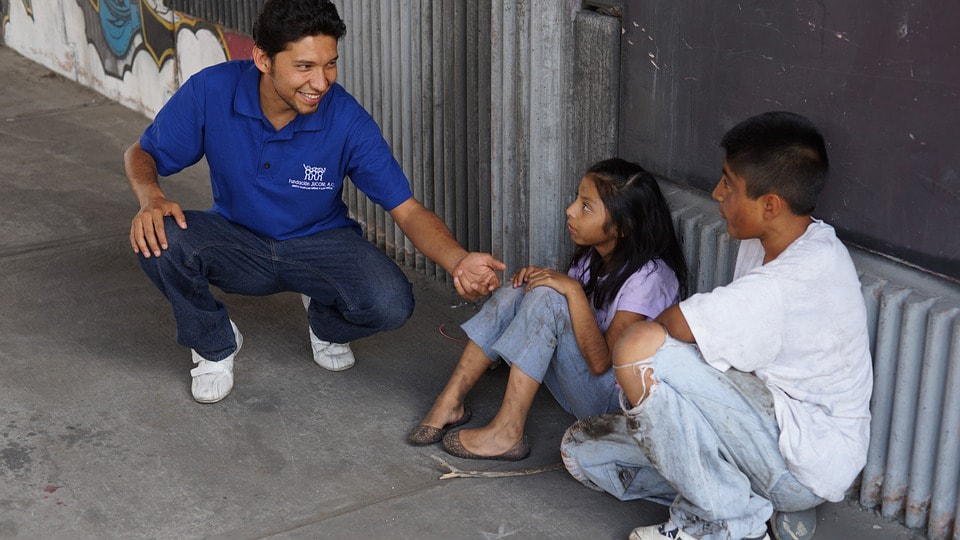
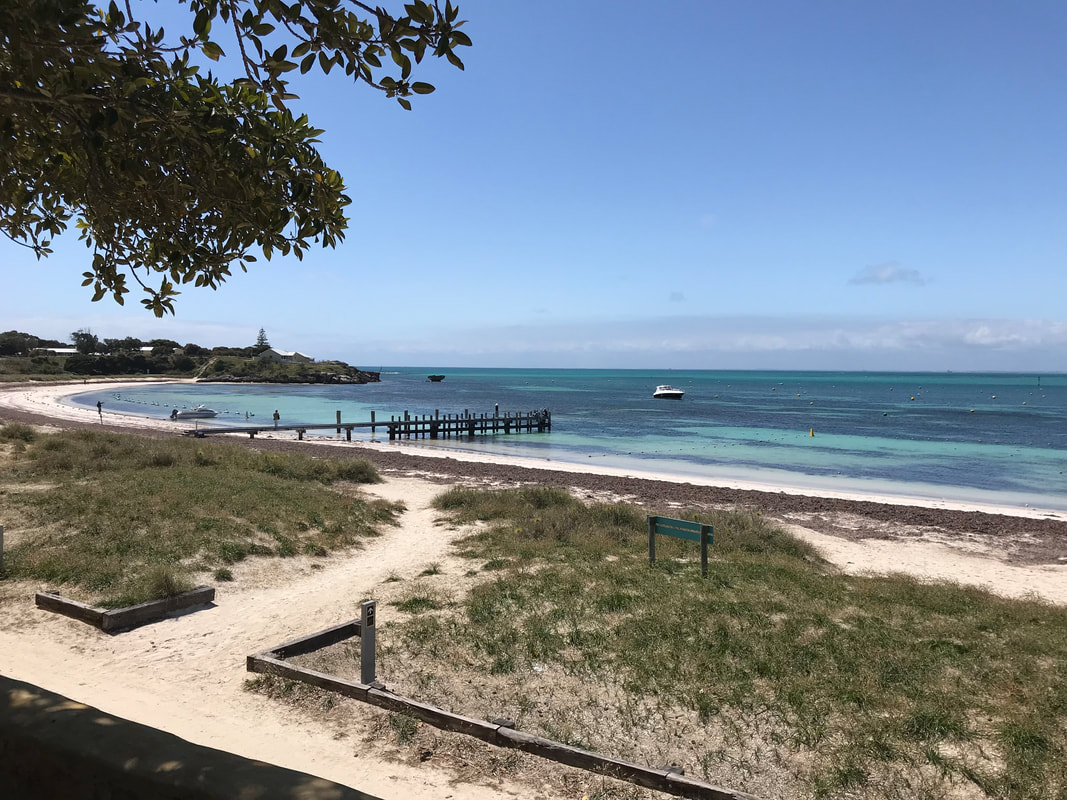
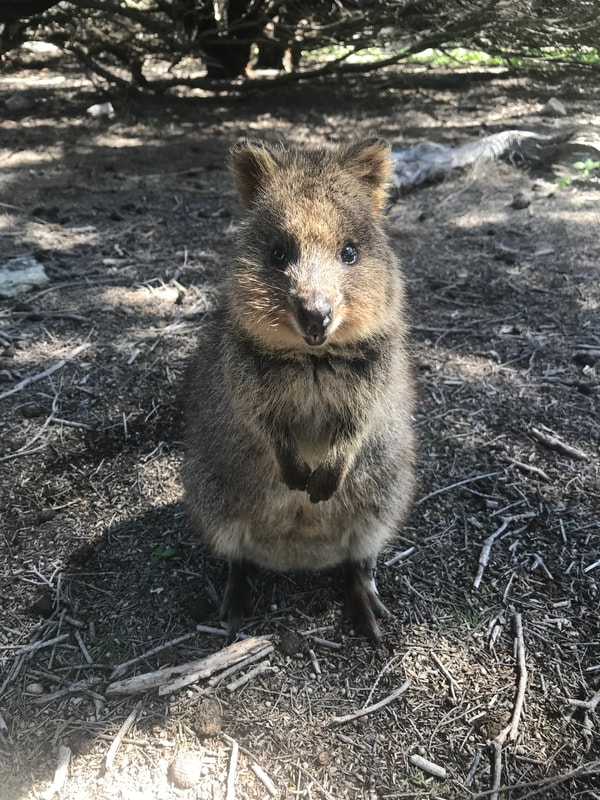
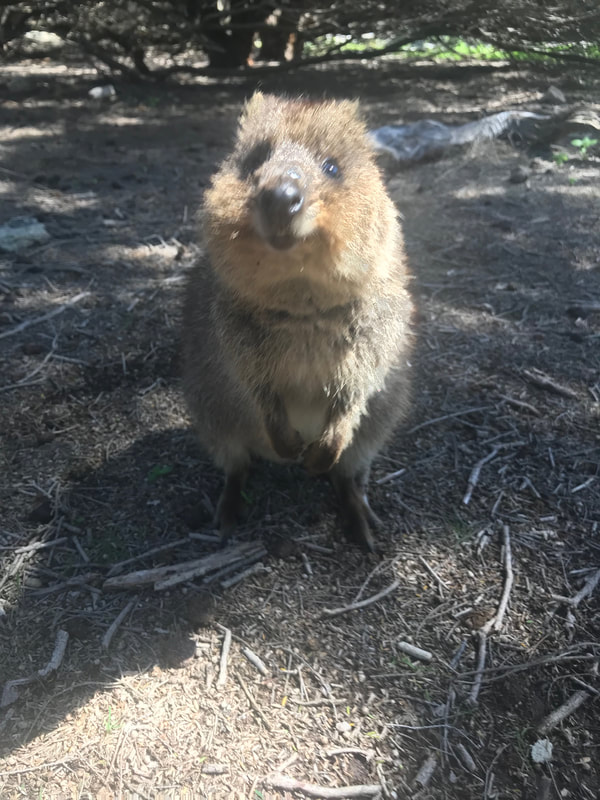
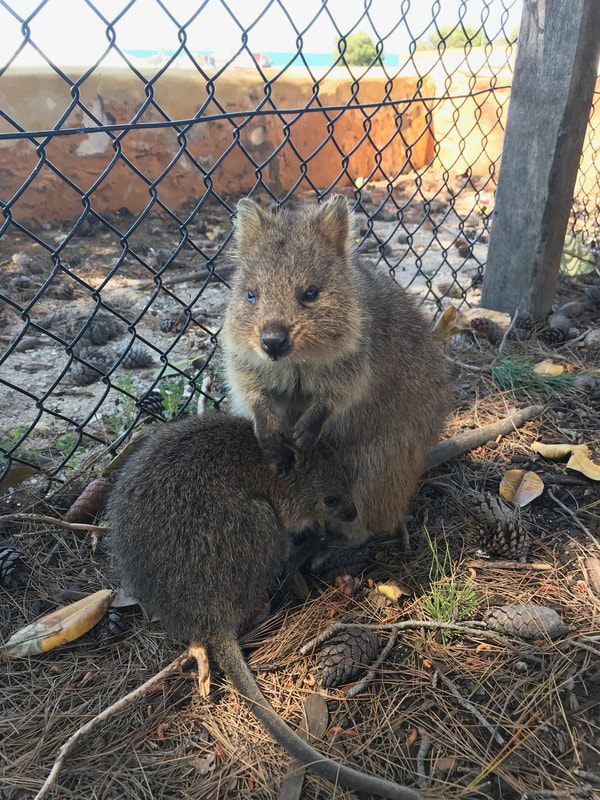
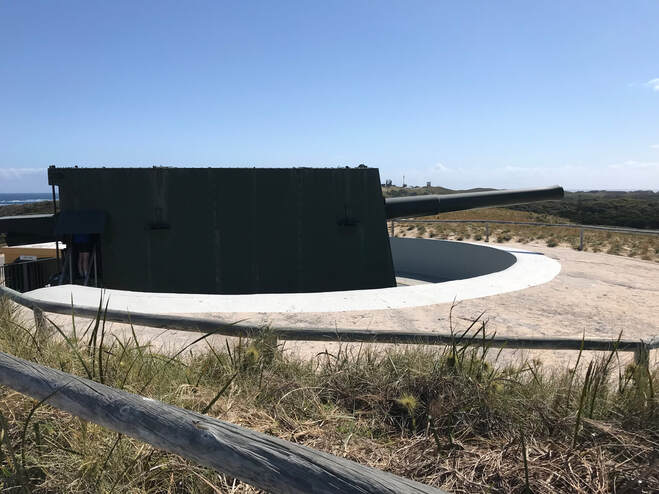
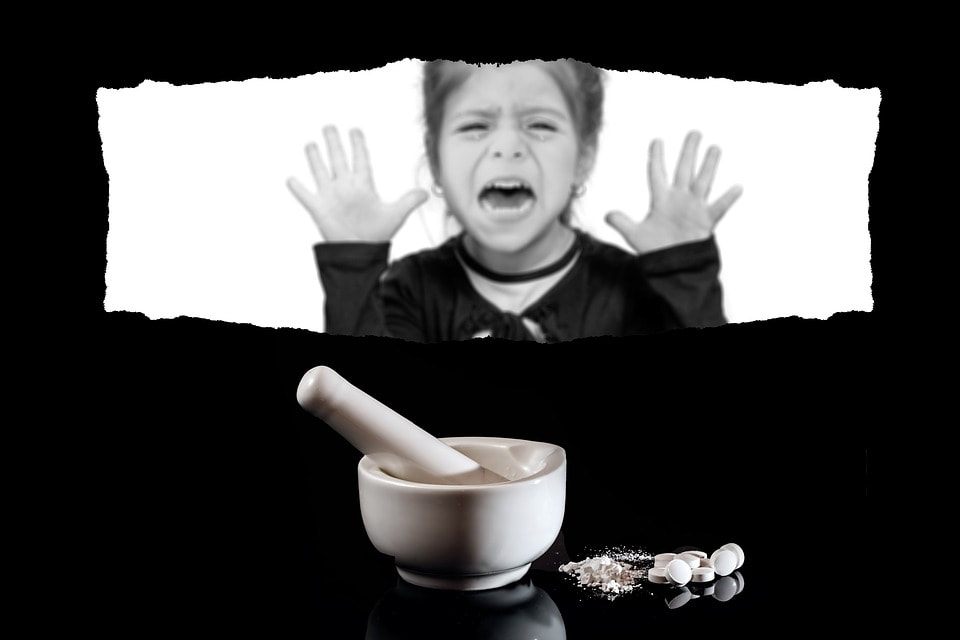
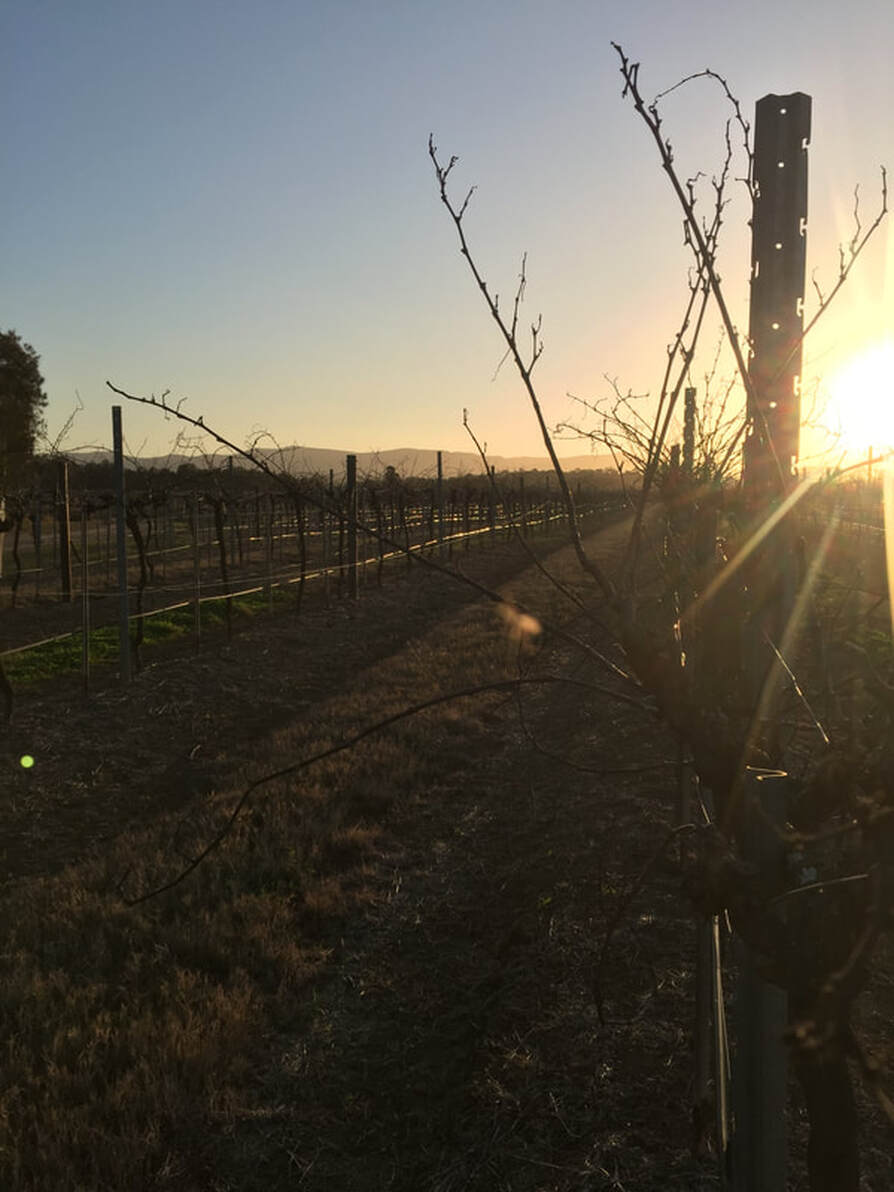
 RSS Feed
RSS Feed